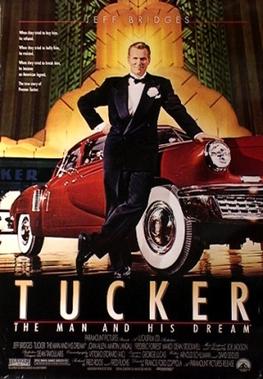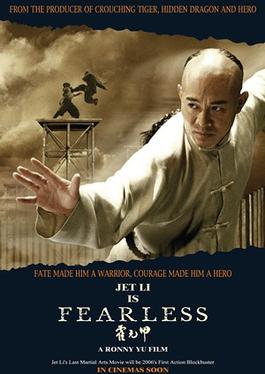 The reputation: Stanley Kubrick-directed film about a violent teenager in a future dystopia who gets behavioral conditioning so that he gets sick at the thought of harming anyone is highly acclaimed, and makes a muddled comment about free will.
The reputation: Stanley Kubrick-directed film about a violent teenager in a future dystopia who gets behavioral conditioning so that he gets sick at the thought of harming anyone is highly acclaimed, and makes a muddled comment about free will.Why it's not as good as you think: With Kubrick, everything is different, and less movie-like. Sometimes that's a good thing, but considering his penchant for graphic violence and nudity, it's most often bad. A Clockwork Orange is a very violent story, both in sexual and non-sexual ways, so that combined with Kubrick's general tone makes for a very intense film. And it's the bad kind of intensity here, the kind that makes you want to run and hide. The sets and costumes are supposed to be strange and disturbing, but come across as either comical, low-budget, or both. If you know anything about the novel that it's based on, you know it's divided into three parts, seven chapters each, for a total of 21 chapters. Well, in Kubrick's film, the last chapter and its events are cut out, and in this case, that's critical. Because of that, Kubrick's movie ends in darkness and evil, while Burgess's novel ends in hope. With the novel, we got to make up our own visuals, but when it's on film, Kubrick made up the visuals for us. Also, I'm sorry, but I just don't care for Kubrick's visual style. The choices he makes about camera angles is cool, but his sets and costumes are a joke. The white fedora, suspenders, cane, and exaggerated crotch may be iconic, but they just come off looking silly. Kubrick's genius my butt.
Your Racist Friend's retort: I guess that's all well and good, Particle Man, but there are a number of things you're ignoring about this film. Like Kubrick's unprecedented use of music in the soundtrack, specifically established, well-known classical works. Then there's Malcolm McDowell's great performance? Kubrick said he probably wouldn't have made the film if Mcdowell wasn't available! The movie was nominated for several Academy Awards, including Best Picture, but then again, so was Titanic. And you talk about the violent subject matter, but it's extremely toned down from the book. Also, despite the missing 21st chapter, the indictment of the system, and how it makes young men like Alex DeLarge is very clear and intact. I stumbled across the insanely out of print DVD of this film in Newbury Comics a few months ago, intending to hock it on Ebay. But when I sat down and watched it, I decided it was too good a film for me to do that.







